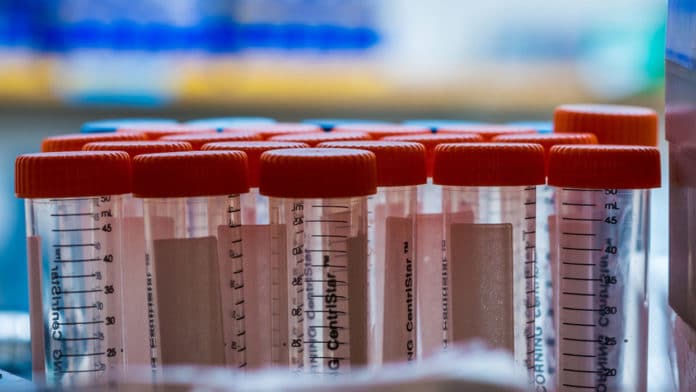Around 35 percent of cancers are analyzed simply after they have spread beyond the kidney and are increasingly difficult to treat. Small, early kidney tumors do not usually cause any symptoms, and progressively are found incidentally in scans of the abdomen performed for another reason.
However, there is no imaging or other screening test recommended for the general population to look for early kidney cancers. Initially, an analysis based on the method described in the new report might be used to screen people with a family history of kidney cancer, or who had previous kidney cancer.
Now, scientists from Harvard Gazette have come up with a liquid biopsy method that can detect kidney cancers with high accuracy. The technique can detect even small, localized tumors that are often curable but for which no early detection method exists.
Noninvasive liquid biopsies, which search for cancer-related DNA shed by tumors into the blood or other body fluids, are moving rapidly toward clinical use as a means of early detection for some kinds of tumors.
Matthew Freedman, a medical oncologist at Dana-Farber and co-senior author of the report, said, “Kidney cancer is one of the hardest tumors to detect because it doesn’t shed as much DNA as other tumors. The test performs well because it can identify abnormal patterns in small amounts of tumor-shed DNA. It’s a proof of principle that early-stage disease is detectable.”
When scientists tested the test on blood samples, they found that the test was nearly 100 percent accurate to distinguish patients with kidney cancer from those known to be free of kidney cancer. The method achieves less accuracy in testing urine samples, but the researchers believe that performance can be improved. If the test is validated in more extensive trials and becomes widely applicable clinically, a urine sample would be even less invasive than a blood draw.
The testing method is known as cell-free methylated DNA immunoprecipitation and high-throughput sequencing, or cfMeDIP-seq. Where other liquid biopsy methods search for mutations in tumor-shed DNA that reveal the type and location of cancer, cfMeDIP-seq detects abnormal methylation — the addition of chemical tags to DNA, which doesn’t alter their genetic code but can affect their function.
Journal Reference:
- Pier Vitale Nuzzo et al. Detection of renal cell carcinoma using plasma and urine cell-free DNA methylomes, Nature Medicine. DOI: 10.1038/s41591-020-0933-1
